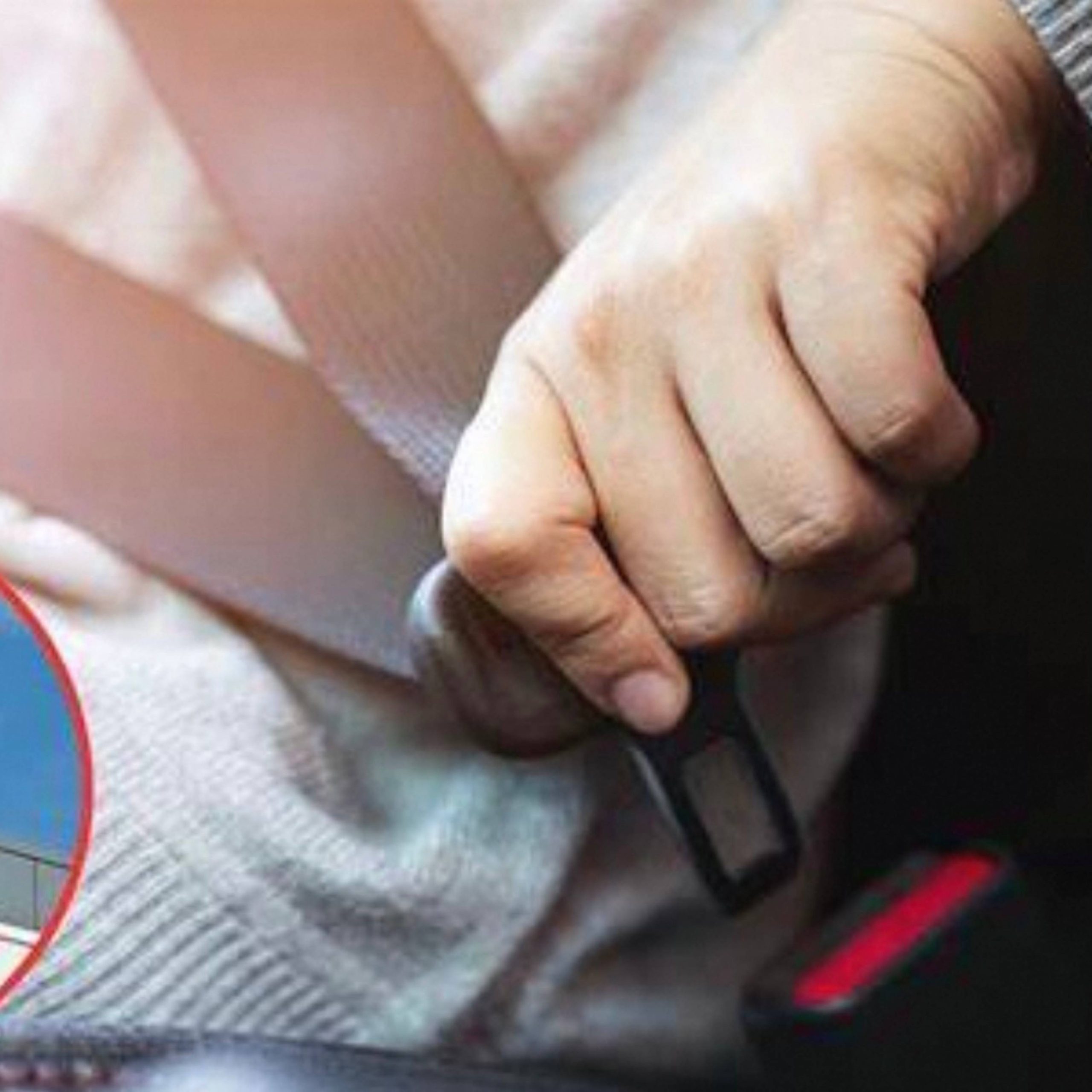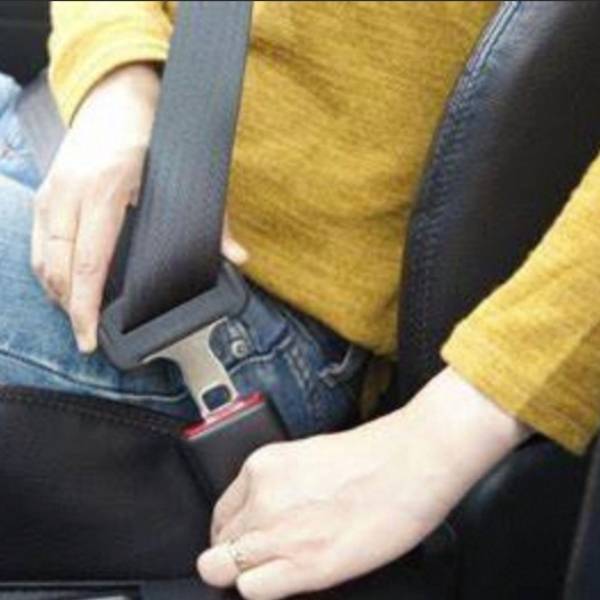Honda recently announced a significant recall involving seat belts. This recall affects several models and has raised concerns among vehicle owners. Understanding the details of the Honda seat belt recall is crucial for both safety and compliance. This article discusses the implications of the recall, model specifics, and more.

What is the Honda Seat Belt Recall?
Honda Seat Belt Recall: A Proactive Measure for Safety
The Honda seat belt recall is a critical response to potential safety hazards. This recall involves certain models that may have defective seat belts, which could lead to serious risks during accidents. Honda is committed to addressing this issue promptly to safeguard drivers and passengers. The National Highway Traffic Safety Administration (NHTSA) oversees such recalls in the United States, ensuring that manufacturers take necessary actions to rectify the defects.
Ensuring Consumer Awareness and Vehicle Safety
Consumers must stay informed about the recall status and how it impacts their vehicles. It’s essential to check if your vehicle is part of the affected models and follow the recommended steps for resolution. Honda will notify owners by mail, and dealers will replace the necessary seat belt components at no cost to ensure safety. This recall underscores the importance of regular vehicle maintenance and the need for manufacturers to maintain high safety standards.
Affected Models in the Honda Seat Belt Recall
Understanding the Honda Seat Belt Recall
The Honda seat belt recall affects specific models from recent production years, including popular models like the Honda Accord and Civic. It’s essential to check if your vehicle is part of this recall. The Vehicle Identification Number (VIN) is crucial for determining if your car is affected. Honda provides resources on their official website for consumers to verify their vehicle against the recall list. Owners should take this step to address any potential risks and ensure their vehicle’s safety. Ensuring your Honda vehicle isn’t part of the seat belt recall is vital to prevent belt bruises and other potential safety risks, so check your VIN against the official recall list today.
Steps for Owners to Take
If your Honda vehicle is identified as part of the recall, it’s important to act promptly. The National Highway Traffic Safety Administration (NHTSA) oversees such recalls in the the United States and provides guidance on the next steps. But owners will be notified by Honda, and dealers will replace the necessary seat belt components at no cost to ensure safety. This proactive approach by Honda and the NHTSA helps maintain the trust of consumers and upholds the safety standards expected from the automotive industry.

For Honda owners, addressing seat belt issues promptly, such as the seat belt alarm silencer recall, is crucial for safety; remember to follow NHTSA guidelines and rely on Honda dealers for free replacements.
Why is the Honda Seat Belt Recall Important?
The Critical Role of Seat Belts in Safety
The significance of the Honda seat belt recall cannot be overstated. Seat belts are a primary safety feature in vehicles. They are designed to protect drivers and passengers during collisions. A defect in this vital component can pose a significant risk of injury. By addressing these issues proactively, Honda demonstrates a commitment to safety. This approach not only upholds the brand’s reputation but also reinforces consumer trust.
Just as Honda’s proactive recall underscores the critical nature of vehicle safety features, the kore duty belt is essential for ensuring that first responders can operate effectively and safely in high-pressure situations, emphasizing the importance of reliability in protective gear.
Honda’s Proactive Approach to Safety
Honda’s initiative to recall certain models with potential seat belt defects is commendable. It shows that the company prioritizes the safety of its customers. This proactive stance helps maintain consumer confidence in the brand. When a company takes swift action to rectify safety concerns, it sends a clear message about their values. Honda’s efforts in this recall serve as a reminder of the importance of regular vehicle maintenance and the need for manufacturers to maintain high safety standards. But consumers can trust that Honda is dedicated to ensuring their vehicles provide the utmost protection in the event of an accident.

How to Check Your Honda’s Recall Status
How to Check Your Vehicle’s Recall Status
Monitoring your vehicle’s recall status is straightforward with Honda’s online tool. Owners can input their Vehicle Identification Number (VIN) to obtain specific information about any recalls affecting their car. This tool is user-friendly and ensures you’re aware of any potential safety concerns. Additionally, local Honda dealers are equipped to help. They can offer detailed recall information and guide you through the necessary steps to address any issues. Engaging with these resources keeps you informed and helps maintain safety on the road.
The Importance of Staying Informed
Proactively checking your vehicle’s recall status is essential for maintaining road safety. By using Honda’s online tool or consulting with your local dealer, you can stay updated on any recalls. This proactive approach not only safeguards you and your passengers but also upholds the integrity of your vehicle. Prompt action on recalls is crucial, as it can prevent accidents and mitigate risks. Honda’s commitment to providing resources for owners demonstrates the importance they place on customer safety. By staying informed and taking the necessary precautions, you contribute to a safer driving environment for all.
What Should Owners Do About the Honda Seat Belt Recall?
Taking Immediate Action for Recalled Honda Models
Owners of Honda models affected by the seat belt recall must act promptly. Start by verifying if your vehicle is included in the recall. This can be done using Honda’s online tool or by contacting your local dealer. If your vehicle qualifies, schedule an appointment without delay. Dealers will handle the repairs or replacements of the defective seat belts at no cost to you. Honda assumes full responsibility for these necessary repairs, prioritizing the safety of its customers. Ensuring your vehicle undergoes these repairs is crucial for preventing potential serious consequences in the future.
Prioritizing Safety Through Recall Repairs
Prompt action on the part of Honda vehicle owners is essential for maintaining safety. By scheduling appointments for repairs, you demonstrate a commitment to safety. Honda dealers are prepared to address the issue efficiently and without charge, reflecting the company’s dedication to owner well-being. But the recall repairs are not just a gesture of goodwill; they are a testament to Honda’s commitment to ensuring that every vehicle on the road is as safe as possible. By taking advantage of these repairs, owners can drive with confidence, knowing their vehicle has been made safer through the manufacturer’s proactive approach to addressing potential defects.
Consequences of Ignoring the Honda Seat Belt Recall
Ignoring the Honda seat belt recall can have dire consequences. Driving with faulty seat belts increases the likelihood of injury during accidents. For families and individuals, this risk can be life-changing. Moreover, failure to comply with recalls can lead to legal ramifications. Insurance companies may deny claims related to safety defects. Therefore, addressing the recall should be a priority for all affected Honda owners.
Conclusion: Act on the Honda Seat Belt Recall Today
In summary, the Honda seat belt recall highlights vital safety concerns. Vehicle owners must be informed about the possible defects. Checking your vehicle’s recall status is straightforward and crucial. If your model is affected, take immediate action to schedule repairs. By doing so, you prioritize safety for yourself and your passengers. Stay proactive and ensure your Honda remains a reliable vehicle on the road.











